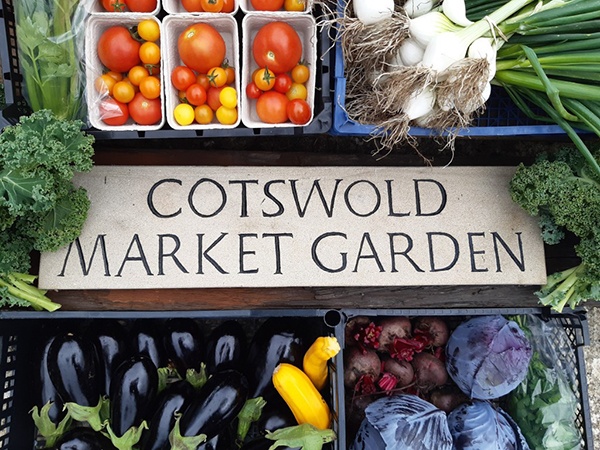Local food systems have the potential to increase biodiversity, cultivate social cohesion, create jobs, and even make us happier.
That was the view of experts Helena Norberg-Hodge and Alice Waters speaking at the Oxford Real Farming Conference (ORFC) on Monday.
Norberg-Hodge, founder and director of NGO Local Futures, author of Ancient Futures’, said: “I know I’m making a big claim that local food can save the world, but it’s true.”
“The global food economy is responsible for half of global GHGs and I suspect even more, but the statistics are very hard to get hold of.”
“Small scale, biodiverse farms are the only way we can massively increase productivity, get more out of every square metre of soil, and produce more food for the human population, is if production is diversified rather than monoculture.”

Not only is productivity increased, according to Norberg-Hodge, but local food supply chains produce flourishing cultures, increase jobs, reduce the gap between rich and poor, strengthen communities and social cohesion, reduce divisions, and allow farmers to farm with nature rather than against it.
In contrast, she said: “Industrial farms and globalised food systems are less productive, they drive people from the land while creating toxic solutions.”
Norberg-Hodge explained that world emissions have increased alongside the growth of global trade. “The UK exports as much milk as it imports, it is insanity. It is a system that just doesn’t work,” she said.
Alice Waters, the founder of restaurant Chez Panisse in Berkeley, California, told delegates that her restaurant embodies the benefits that local food can bring to local communities.
“I spent my money directly with the farmers and producers, giving to them the real cost of the food and not the wholesale price. Because I did that, we built this network of 85 farmers, fishers, ranchers and producers,” she said.

“It is not more expensive to do this, it just depends what you are eating,” Waters said. “If you have a lot of cheese and meat, yes it will be. But not if you are looking at all the beautiful proteins, plants, wholegrains, greens, and vegetables that change over the course of the year. In my mind it is a delicious revolution.”
Norberg-Hodge finished the session emphasising the need for systemic change, and big picture activism. “This is not about individuals; this is not about good guys or bad guys, there’s no one right politician who can fix it all. This is about systems that people are not looking at, joining the dots and making connections,” she said.
“If blindness is the problem, awareness is the solution.”
















0 Comments